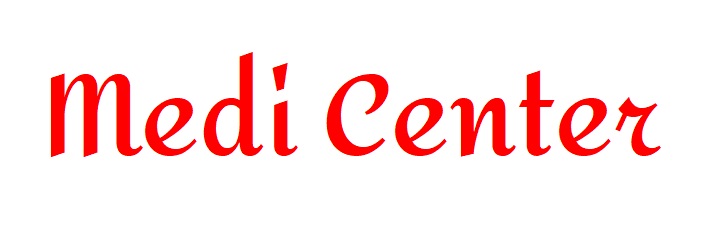A Unique Spiritual Tradition Offers Hope for Genetic Diseases and Unsolvable Challenges
Explore the spiritual tradition of Adak and Kurban, offering hope for genetic diseases and personal challenges. Learn how fulfilling vows and practicing charity can bring healing and open paths to new opportunities.

A Unique Spiritual Tradition Offers Hope for Genetic Diseases and Unsolvable Challenges
The Power of Vows and Charity: A Timeless Tradition for Modern Problems
In Anatolia, a centuries-old tradition of offering sacrifices and vows (Adak and Kurban) serves as a spiritual remedy during life’s pivotal moments. From purchasing a new home to overcoming personal challenges, people have turned to these acts of devotion for hope and guidance.
But what happens when these promises are forgotten? According to Islamic teachings, unfulfilled vows can carry spiritual consequences that transcend generations. This article explores how reconnecting with these practices can provide solace for those grappling with genetic diseases or seemingly insurmountable challenges.
Unfulfilled Promises and Their Impact
The Quran emphasizes the importance of fulfilling vows, as seen in Surah Al-Baqarah (2:124):
"When his Lord tested Abraham with certain commands, and he fulfilled them, He said, 'I will make you a leader of people.' Abraham asked, 'And what about my descendants?' He said, 'My covenant does not include the wrongdoers.’”
This verse serves as a reminder that promises made to Allah must be honored, lest they lead to spiritual burdens or challenges for future generations.
The Prescription: Surah Al-Kawthar
For those facing genetic diseases or unresolved challenges, Surah Al-Kawthar offers a spiritual guide:
"Indeed, We have granted you abundance. So pray to your Lord and sacrifice. Indeed, your enemy is the one cut off."
Profoundly simple, this verse highlights the importance of prayer and sacrifice as acts of faith and devotion.
Steps to Fulfill Your Vows (Adak and Kurban)
-
Choose Your Offering:
Depending on your means, you can sacrifice a ram, goat, rooster, or larger animals like cattle. -
Set Your Intentions:
- For Allah’s pleasure
- To fulfill vows made by you or your ancestors
- To dedicate the reward to those you may have wronged
-
Distribute Properly:
- The meat should be shared with those outside your family and close relatives. It is vital that the offering reaches those in need.
-
Delegate Carefully:
If your offering is conducted remotely, ensure your representative is trustworthy. Repeat the intention three times:
“I, [Name], delegate you to perform this sacrifice on my behalf. May its reward be written for me, my ancestors, and those I owe.”
The Role of Charity (Sadaka)
Charity complements vows, serving as a "spiritual balm" for the most difficult challenges. Whether it’s feeding 100 people, helping disaster victims, or simply sharing a smile, acts of kindness ripple through both physical and spiritual realms.
Even small gestures like buying a child an ice cream can dispel significant burdens. As the saying goes:
"Do good, and throw it into the sea. If the fish don’t know, the Creator surely will."
For Closed Paths and Unanswered Prayers
For those struggling with blocked opportunities, such as marriage or career challenges, fulfilling vows and practicing charity can open doors. Reading Surah Al-Kawthar and making acts of goodness on behalf of those wronged can shift spiritual energies and bring renewed hope.











